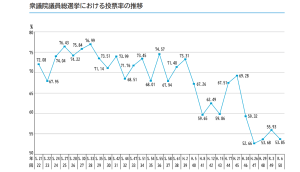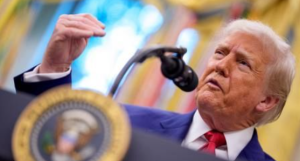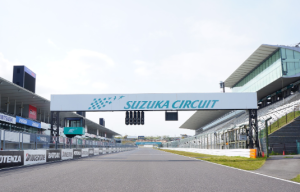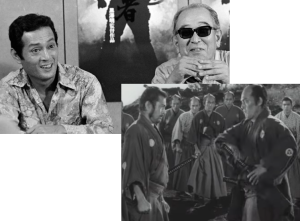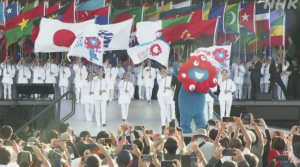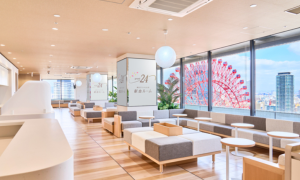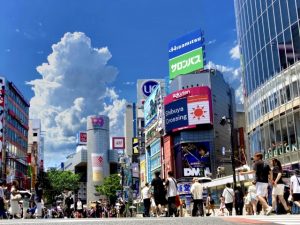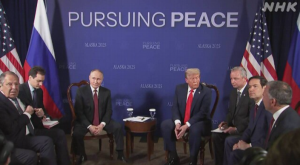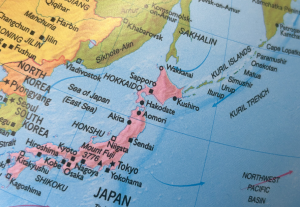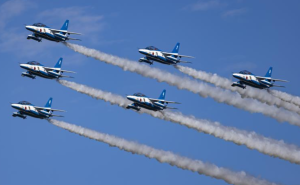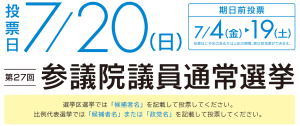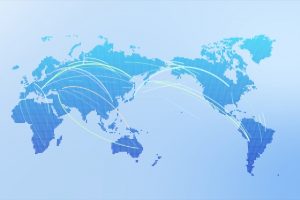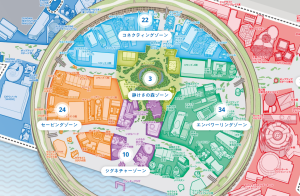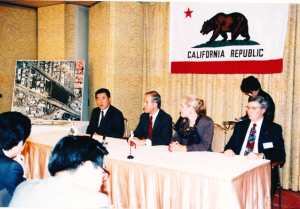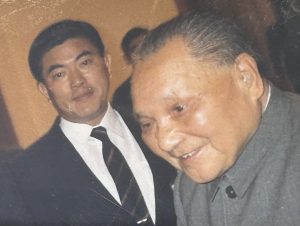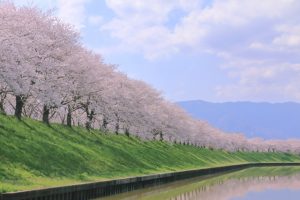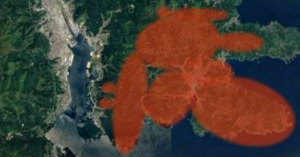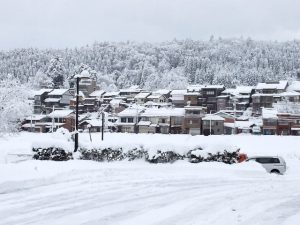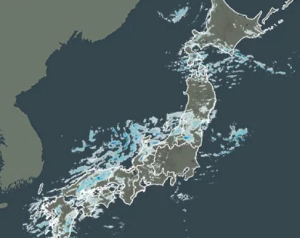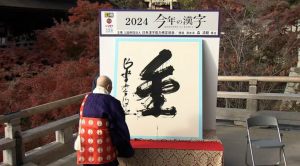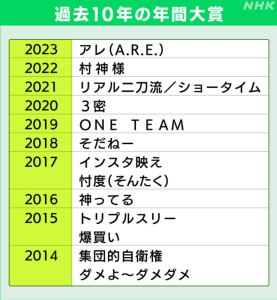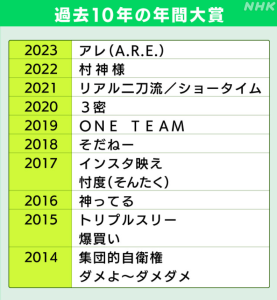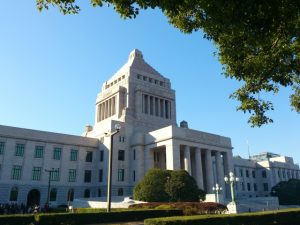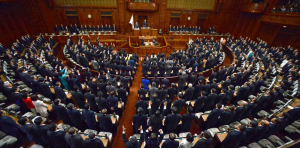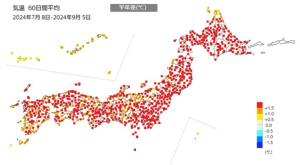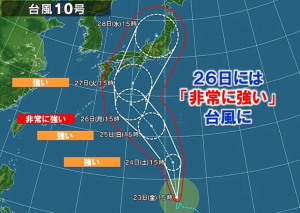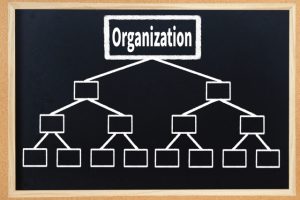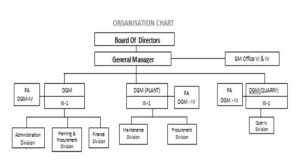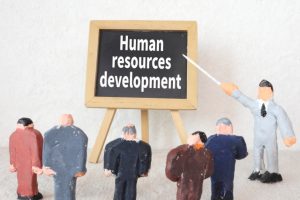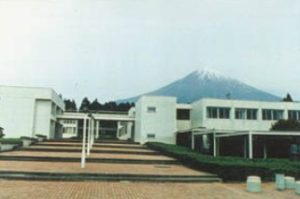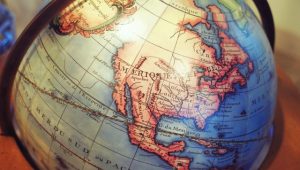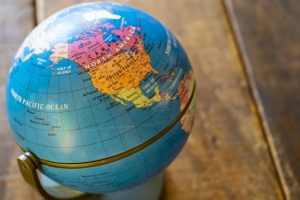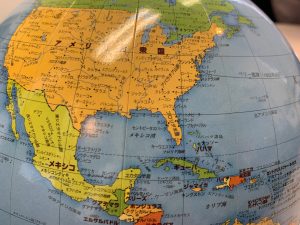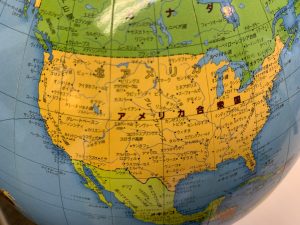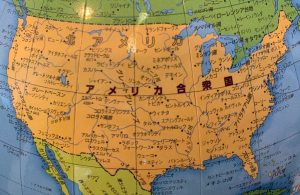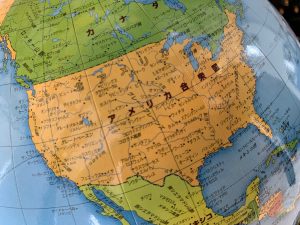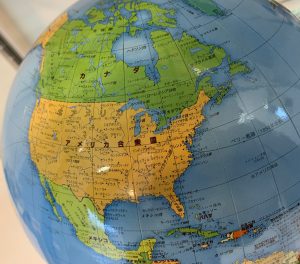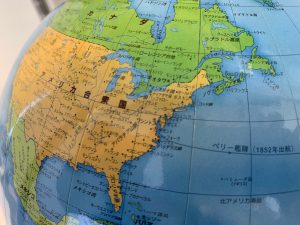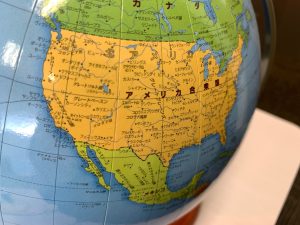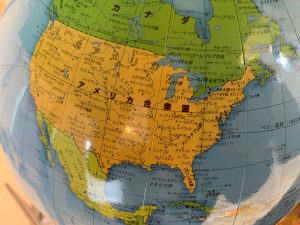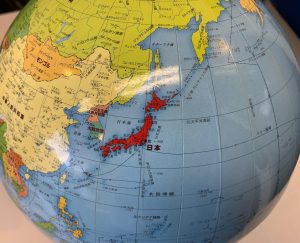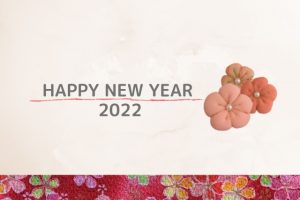Re: A news item and subject which I just want to check out (116) December 8, 2023
It is December now and a year-end party season has arrived. It seems that the revenge demand against the corona pandemic has become obvious and restraint reservations in the city are going well. But it is said that karaoke shops representing the place of the after-party don’t benefit much. By the way, there was a word “if I get overtime pay, I will go to the year-end party” in the newspaper the other day. It seems to me that it symbolizes one aspect of Generation Z.
The grand prize in the buzzwords-of-the year contest was announced. It was “A.R.E.” as I had thought it would be. Incidentally, the grand prize in the buzzwords of last year contest was “Murakamisama”, but Yakult Swallows ended with a season that turned out to be a “pest” this year.
The World Meteorological Organization (WMO) has announced its forecast that this year will be the hottest year on record. According to the record up to the end of October, the world average temperature has increased by 1.4 degrees compared to the Industrial Revolution from late 18th century to late 19th century since about 125, 000 years ago. The 28th session of the Conference of the Parties of United Nations Framework Convention on Climate Change (COP 28) is being held in Dubai, UAE from November 30 to December 12, and the positions and intentions of each country are varied and in what form will be the agreement be reached?
■■What I have thought and focused on recently:
■Mr. Kissinger, former Secretary of State of the United States, passed away:
Mr. Henry Kissinger, former Secretary of State in the United States, passed away at 100 on November 29. During President Nixon’s administration from January 20, 1969 to August 9, 1974, he led the diplomacy of the United States in the 1970s and played a large role in the normalization between U.S.-China relations, the end of the Vietnam War and so on under his drastic realism. He won the Nobel Peace Prize by achieving peace in Vietnam. It is said that he was born in Jewish ancestry in Germany in 1923 and went to the United States in 1938 in order to escape from persecution by Nazi Germany.
U.S.-China relations had been still cold since the Korean War from June 25, 1950 to stop fighting July 27, 1953, but the exchange through the ping pong between the United States and China began taking the opportunity of the 31st World Table Tennis Championships held in Nagoya City in March 1971. It is so called “ping-pong diplomacy”. It appears in a scene from a movie “Forrest Gump” starring Tom Hanks. After that, he visited China in great secret without noticing Japanese government in advance in July 1971. It was a diplomacy over the head. He produced President Nixon’s visit to China in February 1972 and amazed the world. The reputation of Japanese government was ruined, and its floorboard was removed in a sense.
When I got in touch with a news of strictly confidential visit to China by Mr. Kissinger, I was one of 120 trainees dispatched from various industries and companies at the Institute for International Studies and Training in Fujinomiya, Shizuoka prefecture. I remember that U.S. ambassador to Japan at that time happened to visit the institute by helicopter right after that and talked in similitudes that “one swallow doesn’t mean the coming of the spring!” in his lecture. But looking at subsequent development of China, he can be said to have opened the door for China’s rise as a major power. The background of a series of such diplomacy is that U.S. and Chinese interests coincided in terms of the vigilance to the Soviet Union at that time.
■English proficiency in Japan ranks record-low 87th:
This article was shocking and I thought “What a hell are you doing!”. According to the ranking of “English Proficiency Index” in 2023, the survey of 113 countries and regions, published by EF Education First in Switzerland which is an international education company the other day, Japan has fallen to record-low 87th. It says that in particular, the decline of English proficiency of younger generations stands out. The first is Netherland, the second is Singapore and the third is Austria. In Japan, English has been recently taken as a subject even in lower elementary school, and Japanese are studying English more than six years putting together in junior high school and high school. Nevertheless, Japanese English proficiency is lower than Korean, Vietnamese and Chinese, and ranks 15th among 23 countries and regions in Asia.
It is true that coronavirus infection spread has hindered studying abroad and international exchange. In addition to that, reasons for weakness of English proficiency in Japan are ①focusing too much on grammar rather than “speaking” which is the most important thing in communication ②the nationality wanting to avoid embarrassment in public. It is necessary to correct or conquer these. In the United States, even children speak English. A lot of immigrants can “speak” broken English even though they can neither “read” nor “write” English and work as taxi drivers. There is no royal road to learn foreign languages. There is no other way to improve than to study every day, even for 5 minutes.
I am also interested in the tendency toward introversion in younger generations. According to survey results, younger generations tend to avoid transfer, and companies with transfer are difficult to be chosen as a place of employment. I think that of course, depending on the situation, some people have reasons related to caring their parents. However, if everyone has the tendency toward introversion, our country and companies may lose their vitality and individuals also tend to cluster within narrow ranges, and it might be a minus on cultivating “human power” living “the 100-year life”.
The tendency toward introversion weakens the interest toward foreign countries inevitably.
It is in contrast to young people in China and India. Incidentally, Japanese students studying abroad are 10 thousand in 2021 remaining 10 % of 2019, even though there is an impact of corona disaster. Japanese government is setting up a plan to send 500 thousand Japanese students studying abroad by 2033 and aiming improvement of a study abroad program. I hope this will not be like “we have piped onto you and you have not danced”.
■Before the terrorist attack by Hamas, short selling of stocks in Israel increased rapidly:
It is said that “short selling” of stocks in Israel has increased rapidly a few days before Islamic organization Hamas attacked Israel on October 7. In “short selling”, an investor borrows stocks, sell them, and then buys them back within a certain period of time. When the repurchase price of a stock is lower than the selling price, it results in a profit, and on the other hand, when it is higher than “short selling” price, it results in a loss. If it is a normal market trading, there is no problem, but measures of market manipulation such as insider transaction and spread of rumors are prohibited. It is said that this time, short selling increased rapidly on October 2, 5 days before the start of attack by Hamas. The one who can be considered the mastermind is Hamas itself that knew the decline of stocks in Israel by terrorist attack in advance, or insider transaction by groups connecting to Hamas such as North Korea, Iran and Russia. Permitting such “making easy money” leads to “honesty doesn’t pay”, and it fosters distrust in stock trading. It is natural that the authority in Israel has begun investigating.


